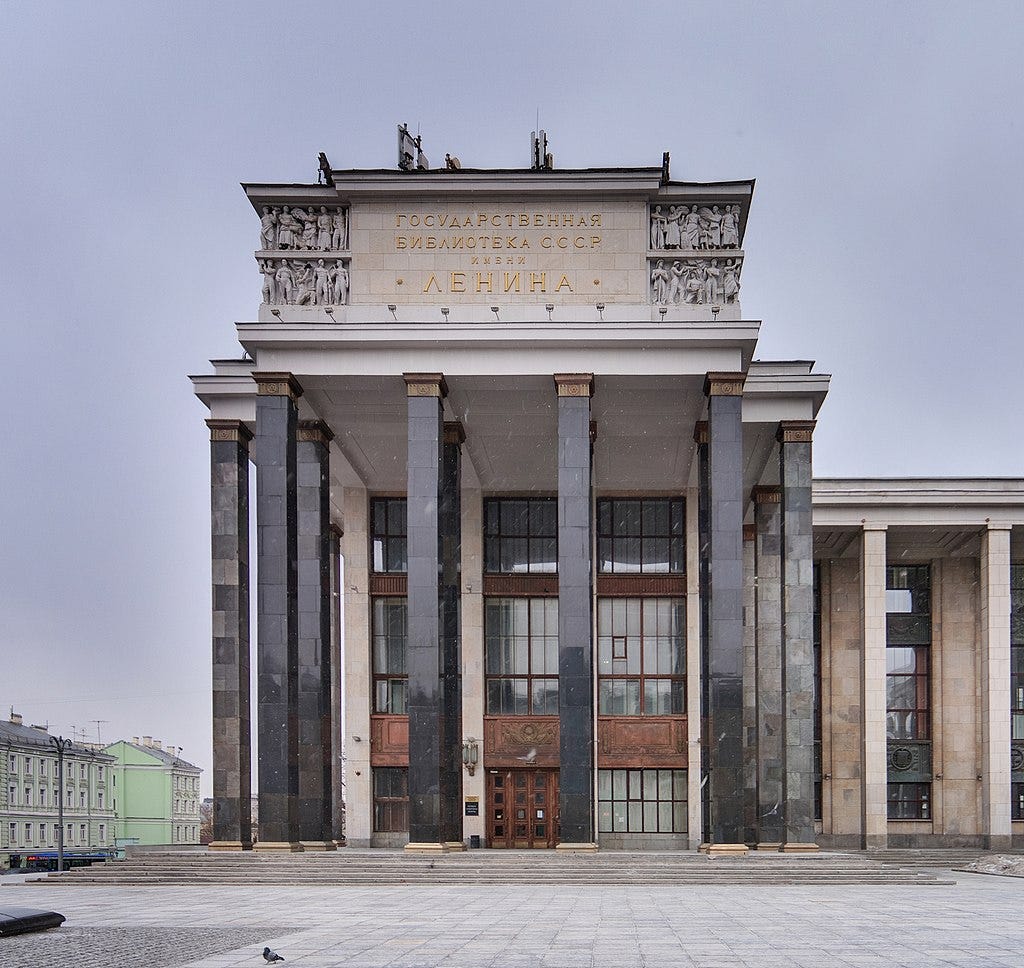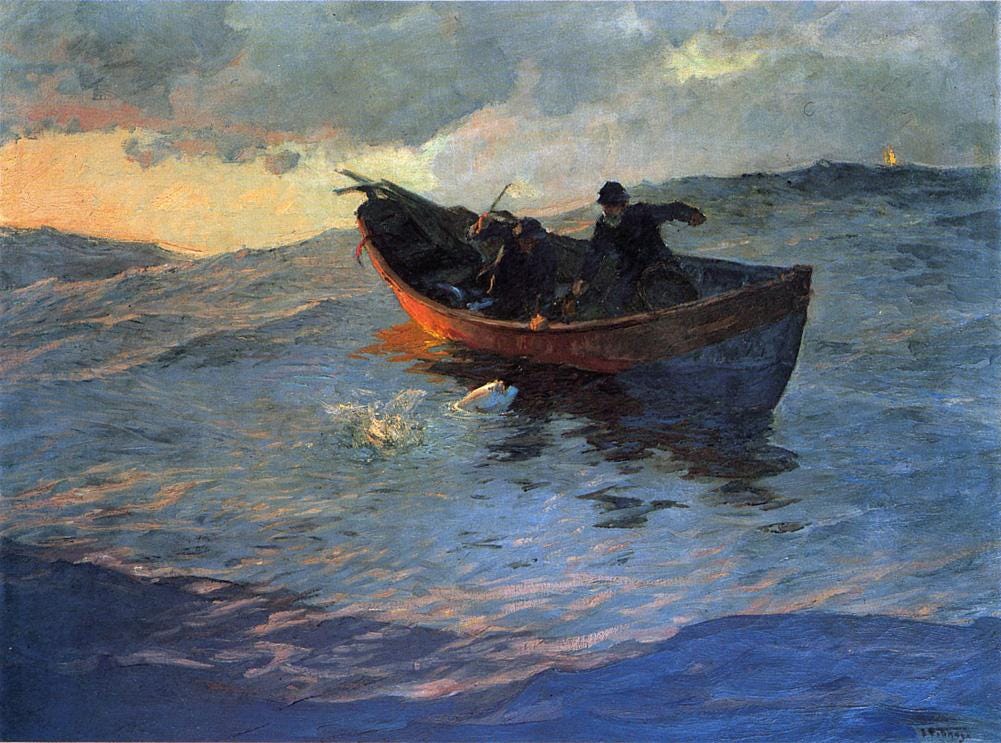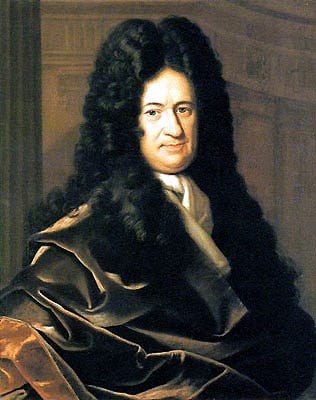July 1
2004
The Cassini-Huygens robotic spacecraft entered into orbit around Saturn.
Hundreds of scientists and engineers from 16 European countries and 33 of the United States make up the team responsible for designing, building, flying and collecting data from the Cassini orbiter and Huygens probe.
1997
Iconic English rock band Radiohead released their third studio album, OK Computer, in the United States. OK Computer received acclaim and has been cited as one of the greatest albums of all time.
1874
The Sholes and Glidden typewriter, the first commercially successful typewriter, went on sale. The machine incorporated elements which became fundamental to typewriter design, including a cylindrical platen and a four-rowed QWERTY keyboard.
1862
The Russian State Library was founded in Moscow. It was Moscow's first free public library, built as part of the Moscow Public Museum and Rumyantsev Museum.
1858
American painter Willard Leroy Metcalf was born in Lowell, Massachusetts.
1819
German astronomer Johann Georg Tralles discovered the Great Comet of 1819.
1818
Hungarian physician Ignaz Semmelweis was born in Buda.
He is now known as an early pioneer of antiseptic procedures. Described as the "savior of mothers", Semmelweis discovered that the incidence of puerperal fever could be drastically cut by the use of hand disinfection in obstetrical clinics. Semmelweis's practice earned widespread acceptance only years after his death, when Louis Pasteur confirmed the germ theory.
1646
German philosopher and mathematician Gottfried Leibniz was born in Leipzig.
He is a major figure in the history of mathematics and the history of philosophy. He developed infinitesimal calculus independently of Isaac Newton, and his mathematical notation has been widely used ever since it was first published.
He became one of the most prolific inventors in the field of mechanical calculators, having invented the Leibniz wheel, used in the arithmometer, the first mass-produced mechanical calculator.
In philosophy, Leibniz is mostly noted for his optimism, e.g. his conclusion that our Universe is, in a restricted sense, the best possible one that God could have created. Leibniz, along with René Descartes and Baruch Spinoza, was one of the three great 17th century advocates of rationalism.
1569
The Union of Lublin was signed in Lublin, Poland, uniting the Crown of the Kingdom of Poland and the Grand Duchy of Lithuania into a single state called the Polish–Lithuanian Commonwealth. It was one of the largest countries in Europe at the time.











